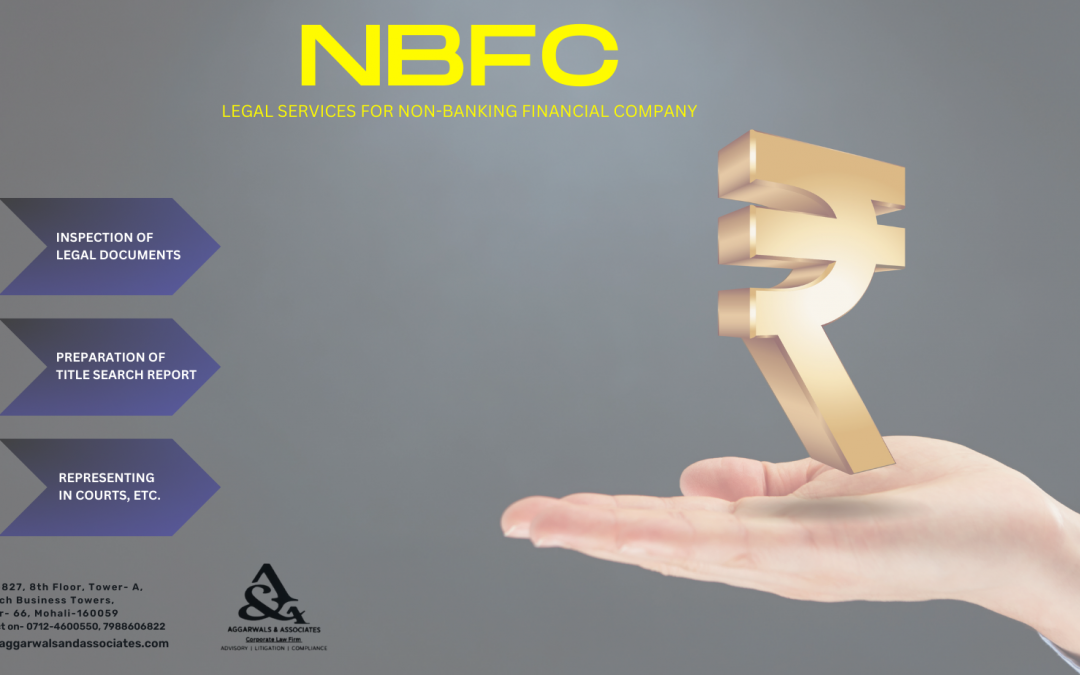Navigating the financial landscape with a non-banking company can be a daunting task, but with the right guidance and support, you can make informed decisions that will help you reach your financial goals.
10 tips you can make an informed decision that best suits your financial needs. From researching the company’s financial stability to understanding the terms of the agreement, these tips will help you make the best choice for your financial future.
-
What are NBFCs?
A non-banking financial company is a company incorporated under the Companies Act, of 1956, and is engaged in the business of loans and advances, debts, etc.
-
Do they have a banking license?
No, they do not hold banking licenses because federal or state authorities do not regulate them.
-
What are the differences between NBFCs and banks?
Banks are legally recognized institutions whereas NBFC is a private business that offers banking-like services without a banking license to a person. NBFCs to not accept demand deposits.
-
Why do most people choose NBFC over banks?
People choose NBFC’s over banks because of the following reasons:
- NBFC’s have fewer rules and regulations as compared to banks.
- Less paperwork is involved in the process of granting loans which leads to saving time for the borrower.
- Interest rate is charged upon the borrower’s credit score and earnings.
-
What are credits?
It’s a relationship of trust between the lender and the borrower, where the borrower promises to repay the loan immediately after a few days of taking a loan.
-
What is a credit score?
It shows a person’s creditworthiness like if he repays the loan on time or not. It is based on an individual’s history of repayment, loan history, etc. given by different credit agencies.
-
What is the CIBIL score?
Credit score is given by Credit Information Bureau India Limited. It is a 3-digit numeric summary of credit history. It represents a credit background.
-
What is the range of the CIBIL score?
It ranges from 300 to 900. A score above 750 is considered good.
-
Why should you maintain a good credit score?
It plays a great role in the lender’s decision to provide you with a loan. There are great chances of approval for loans from banks and NBFCs when you have a high credit score. A person with having high credit score means he is most likely to qualify for the lowest interest rates and fees for new loans. A good credit score above 750 is considered good.
-
Why are NBFCs called shadow banks?
NBFCs are so-called because they function more or less like traditional banks but with fewer rules and regulations. Also, they cannot accept deposits from the people.
Write-up By: Aggarwals & Associates


